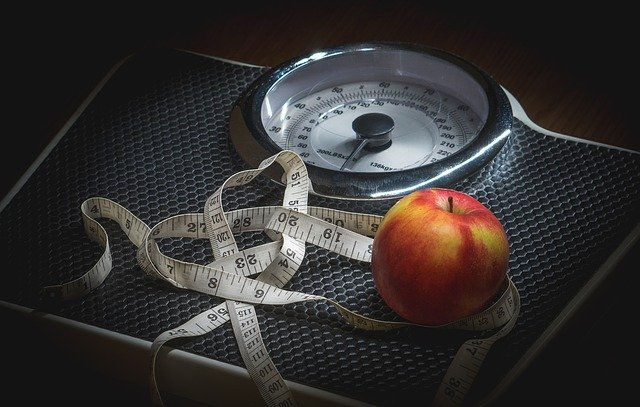Goal Setting the 2020 Way
- Dr. Korman

- Jan 1, 2020
- 3 min read
Updated: Sep 3, 2020
As you sipped your champagne cheer-sing to the New Year, you thought, "another year in the books. In fact, another decade in the books."

What are your resolutions, or goals, for the new year, the new decade? Chances are, the immediate answer goes something along the lines of this:
"I want to lose weight."

Unsurprisingly, this is the most popular New Year's resolution. According to a survey of 2,000 people, the top resolutions polled in at "diet or eat healthier" and "exercise more." Both of these resolutions have the common result of weight loss.
However, in order for a goal to be achieved, there are certain guidelines to follow. Think of it as your roadmap to success. Let's use the goal, "I want to eat healthier and get fit," which achieves the ultimate goal of losing weight, as an example for using the guidelines below.
1. Your goal needs to be specific: If you say, "I want to lose weight," do you mean 5 pounds? 10? 20? 50? 100? If your resolution is "to exercise more," does that mean you will be able to complete a 5k without stopping? Do a real push-up? Instead of saying "I want to get fit," your goal would look like this:
"I want to be able to run/walk a 5k without stopping."
2. Your goal needs a deadline: If you want to lose 50 pounds, will you do this in one month? Will you do this in six months, one year? The time frame needs to be short enough that you will consistently work at accomplishing the goal, but not the point where it becomes unrealistic. For example, if you decide you want to lose 50 pounds and put a deadline of one month on accomplishing this goal, you'll feel defeated when you only lose 10 or 20 pounds. At the same time, if you want to lose 10 pounds and give yourself a year to do it... this does not create any urgency. Using our same example from above, the goal would continue to read as,
"I want to be able to run/walk a 5k without stopping within the next six months."
Your goal needs an action plan: If you decide you want to "lose weight," you've determined what this means in pounds lost, you picked a timely deadline, now how are you going to actually do it? Since everyone's goals are unique, action plans are unique as well. If you decide you want to lose weight by eating healthier, what steps will you take to do this? Will you food prep to cook nutritious meals? Will you lay out your gym clothes the night before so when the alarm goes off you will put them on first thing? Using our same example from above, the goal would continue to read as,
"I want to be able to run/walk a 5k without stopping within the next six months. I will do this by running/walking minimum 3x per week. I'll make sure I accomplish this by waking up half an hour earlier and having my workout clothes ready for when the alarm goes off."
What is your why? Okay, you want to lose weight. You want to be more fit. But why? Is it to
fit into those jeans buried in your closet from college?
have the energy to play with your children or grandchildren?
"fit in with the guys" at the gym?
put your diabetes into remission?
live a longer life?
Using our same example from above, the final piece of the goal statement would read as,
"I want to be able to run/walk a 5k without stopping within the next six months. I will do this by running/walking minimum 3x per week. I'll make sure I accomplish this by waking up half an hour earlier and having my workout clothes ready for when the alarm goes off. I want to accomplish this so I have the confidence to achieve larger goals."
What action steps can you take today to start achieving your goals for 2020? How will your goal be specific, deadline driven, actionable, and with personal reason?
To learn more or schedule a consultation with Dr. Korman, contact us here or call the office: 310-577-5540.



Premium materials enhance durability and radiance, traditional arabic jewelry ensuring that the jewellery retains its luxurious look even after years of use.
For those who value classic beauty and want to make a statement, these jewelry pieces act as both a personal expression and how much does a 1 carat lab diamond cost a reflection of elegance, effortlessly highlighting one’s natural charm and confidence.
Pricing strategies and property evaluation they can identify opportunities that may not be immediately visible to an average buyer and real estate developer salary offer insights into investment potential, neighborhood development, and future value growth.
Mobile home clearance can be a challenging and time-consuming task, but experienced specialists simplify the process significantly. They mobile home demolition cost bring expertise in safely dismantling structures and handling complex logistics, including transportation and waste management.
Over time, this sensory consistency can what is amouage best known for strengthen personal presence and enhance social experiences in meaningful ways. In social gatherings, uniqueness often comes from subtle refinements rather than obvious displays.